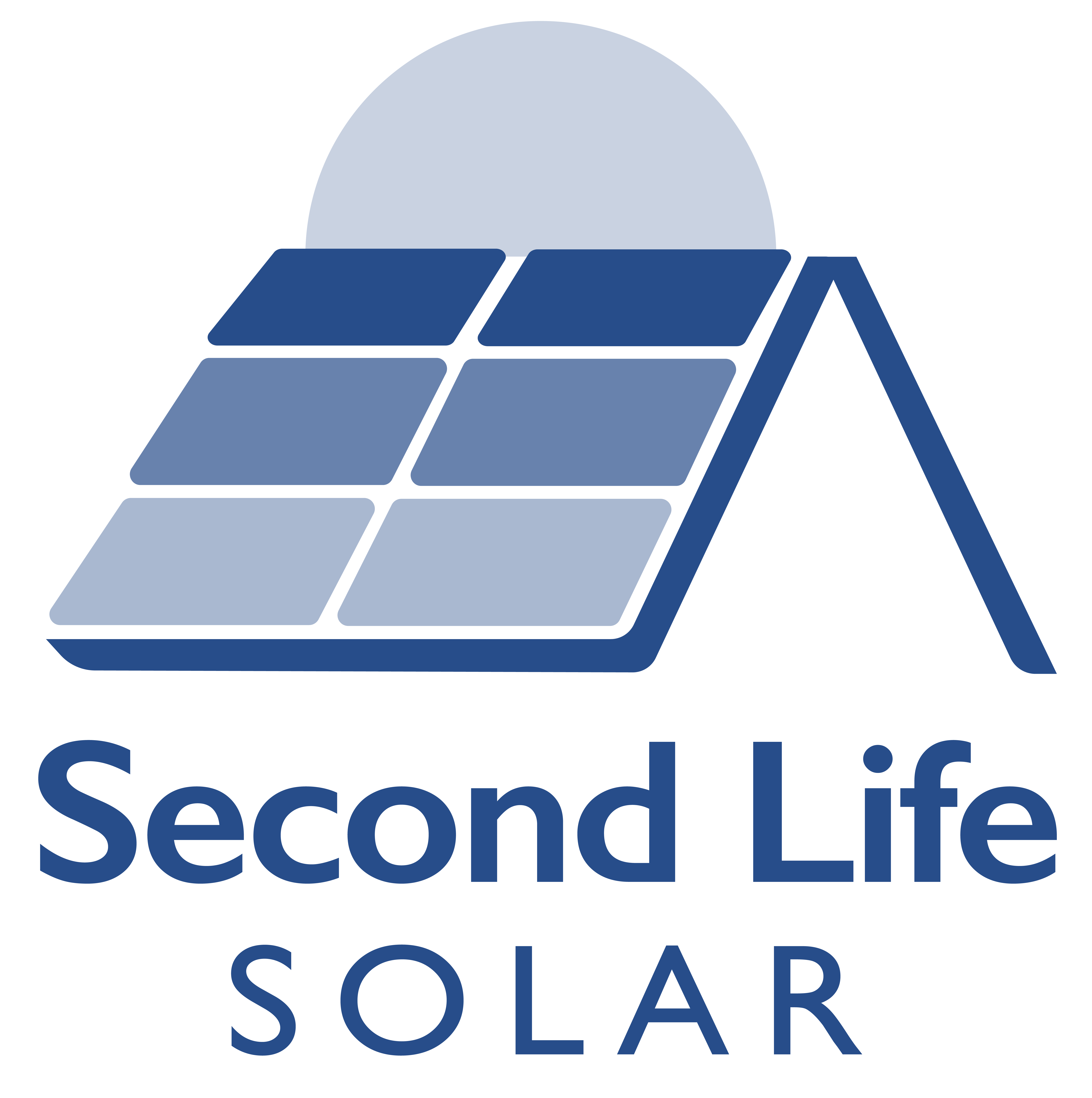As industries worldwide grapple with rising energy costs and growing environmental concerns, solar power has emerged as a transformative solution.
From manufacturing to logistics, companies are increasingly adopting solar energy to meet sustainability goals, cut operational costs, and align with evolving consumer demands.
This shift is not just an environmental imperative; it represents a profound change in how industries approach energy consumption and resource management.
Industries ranging from agriculture to technology are leveraging solar panels to power operations. In the agricultural sector, solar energy is being used to run irrigation systems, power greenhouses, and maintain cold storage facilities.
For technology companies, solar installations on data centers are reducing reliance on non-renewable grid energy, significantly lowering carbon footprints.
Transportation and logistics industries are also making strides. Warehouses and distribution centers are installing rooftop solar panels to power operations and reduce dependency on fossil fuels. Even transportation fleets are exploring solar-integrated solutions to support electric vehicles, enabling greener last-mile delivery systems.
Government policies and incentives have played a pivotal role in driving the adoption of solar energy. Countries around the world are introducing subsidies, tax breaks, and grants to encourage businesses to transition to renewable energy.
In Europe, the European Green Deal has outlined ambitious targets for renewable energy adoption, pushing industries to integrate solar energy into their operations. These policy-driven efforts not only reduce the initial cost barrier but also highlight the urgency of transitioning to sustainable energy sources.
The solar industry is undergoing rapid technological advancements, further increasing its viability and attractiveness for industrial use. Innovations like bifacial panels, which capture sunlight on both sides, and perovskite solar cells, known for their efficiency and flexibility, are pushing the boundaries of solar energy production.
Moreover, energy storage solutions, such as lithium-ion batteries, are becoming more affordable and efficient. This enables businesses to store excess solar energy for use during non-sunny periods, making solar a reliable energy source even in regions with variable weather conditions. These technological breakthroughs are reducing the levelised cost of energy (LCOE) for solar, making it competitive with traditional energy sources.
Despite its benefits, the adoption of solar energy is not without challenges. Initial installation costs, while decreasing, can still be prohibitive for smaller businesses. Additionally, industries operating in regions with limited sunlight or inadequate infrastructure may face logistical hurdles in deploying solar solutions.
Companies that invest in solar energy are positioning themselves as leaders in sustainability. This not only enhances their brand reputation but also aligns with the values of increasingly eco-conscious consumers and investors. Transparency in renewable energy usage, often reported in sustainability reports, is becoming a key differentiator for businesses looking to stand out in competitive markets.
Global industry giants like Apple, Amazon, and Tesla have already made significant commitments to solar energy. Apple, for instance, has achieved carbon neutrality across its global corporate operations and continues to push for 100% renewable energy in its supply chain. These examples set a benchmark for other companies to follow, illustrating how solar energy can drive both environmental and financial success.
As the cost of solar technology continues to fall and global efforts to combat climate change intensify, the integration of solar panels into industrial operations is expected to accelerate. Emerging trends such as smart grids, which optimise energy distribution and storage, and floating solar farms, which utilise bodies of water for energy production, are poised to revolutionise how industries harness solar energy.
Additionally, the growth of solar panel recycling initiatives will ensure that the materials used in solar installations are sustainably managed at the end of their lifecycle. This aligns with the principles of a circular economy, further enhancing the environmental benefits of solar energy.
The adoption of solar panels by industries is more than a technological shift; it represents a collective commitment to sustainability and innovation. By embracing solar energy, businesses are not only reducing their carbon footprints but also paving the way for a cleaner, more resilient global economy.
As solar energy becomes an integral part of industrial operations, its impact will extend beyond environmental benefits. It will drive economic growth, create jobs in the renewable energy sector, and set the foundation for a sustainable future.
The question is no longer whether industries should adopt solar energy, but how quickly they can scale their efforts to meet the demands of a changing world. If you are looking for sustainable, used solar panels with incredible performance, get in touch with our team.

At Second Life Solar, we specialise in supplying used solar panels to buyers worldwide.
© All Rights Reserved.